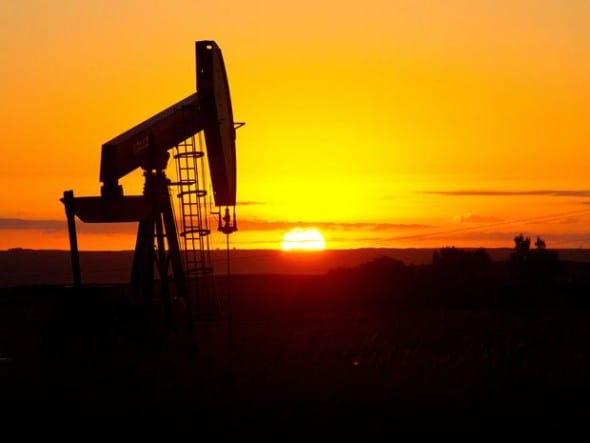Gas is a seemingly difficult issue for governments. Looking at the health disasters of asbestos, tobacco and air pollution from coal, government ministers might wonder if they would have acted earlier had they been in power and reassured themselves they would. That is the problem, they are making decisions now based on political expediency which will leave their successors to face the potential health consequences.
Perhaps they could ask themselves why they are reassured by the soothing words of industry that all is safe with unconventional gas development when they have not had a health risk analysis for chemicals used for fracking; they don’t even know the identity of some, let alone their potential harm over long periods of time.
“Until we have better evidence of safety, new unconventional gas operations should not be approved and better monitoring and assessment should be required for existing projects. Our national chemical regulator should have the power to require full disclosure of all chemicals used in fracking operations, and these should be available for comprehensive risk assessments of human and environmental harm”. This is expert evidence given to the Senate Enquiry this year.
The 2011 Senate inquiry recommended ‘a comprehensive review of chemicals used in fracking completed within the next two years’. There isn’t one. The report noted ‘it is vital that the interests of a relatively short lived industry are not allowed to put at risk vital food-producing industries, and the land, water and communities on which they depend’.
COAG went for gas in a big way, with media reports of influence from industry and “the wind doesn’t blow and the sun doesn’t shine” lobby. Was there a medical expert at the table to advise them of accumulating evidence from the US gas fields of adverse birth outcomes and asthma attacks, or the many other potential impacts including the psychological damage to rural communities?
The family of George Bender has explained much of this and rural communities have received no answer to their problems.
Ah, but this has not been shown in Australia our leaders might say. Yet the similarity of nasal and sinus, migraine headache and fatigue symptoms in the gas fields of Pennsylvania and Queensland is striking to all but those who don’t want to know. The responsibility for lack of further studies rests with them.
Chemicals for fracking are just one of several un-investigated potential medical hazards. There are unanswered questions over the water returned to the surface from fracking and the chemicals it collects from coal seams, and from the toxicity of air at the well heads.
It is surely the duty of COAG to understand the economic implications of their decisions. As with coal there are doubts about the economic value of unconventional gas when the short-term profit is balanced against the potential long term losses to agriculture of land and water aquifers.
It is the duty of COAG collectively and each state energy minister individually to understand these issues. For example Minister Koutsantonis in SA, under pressure from a rise in electricity prices due to multiple factors (including alleged price gouging by the gas industry), has announced an open tender for long term state government electricity needs.
The tender is a façade for it is loaded in favour an existing power station (previously mothballed) which would threaten investment in Pt Augusta’s concentrated solar thermal plan. The government has also hastily offered $24 million for increased gas exploration, disregarding the social and health externality costs. South Australia has no health impact assessment and there is no conclusion as yet from a parliamentary enquiry into its development.
It is also the duty for COAG and the Minister for the Environment and Energy to understand that gas must be included in the national carbon budget needed to avoid world temperature rise of 2 degrees. In this regard its emission impact under full life cycle analysis is little different to that of coal.
Its combustion increases carbon dioxide emissions but fugitive emissions of methane from the mining, processing, and transport of gas have elevated atmospheric methane. Methane causes 72 times more green-house “forcing” than carbon dioxide over a twenty year time frame, contributing about 20% of global warming. In contrast to the US the extent of methane leakage from gas mining in Australia is not known but surely it is incumbent on government to not blindly accept assurances from the gas industry.
South Australia has been a leader in reducing its greenhouse emissions and introducing renewable energy. It must decide whether its clean and progressive image is sacrificed on the altar of expediency.
Dr David Shearman AM Hon Secretary Doctors for the Environment Australia. Dr Graeme McLeay SA Committee Doctors for the Environment Australia










